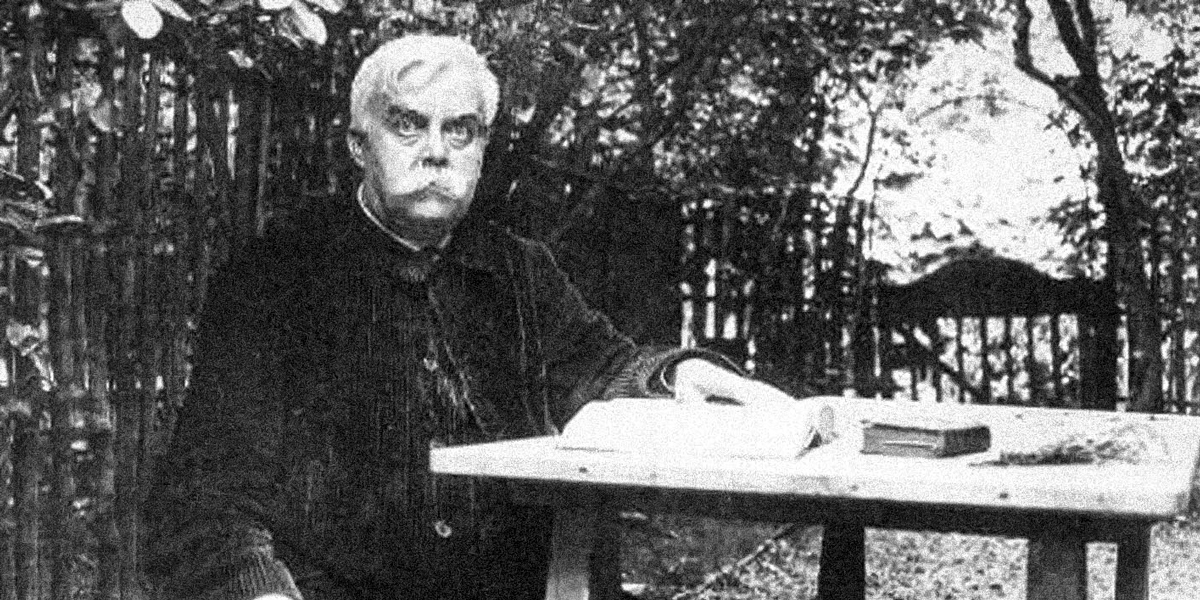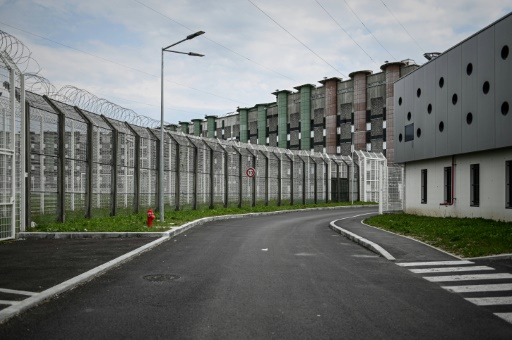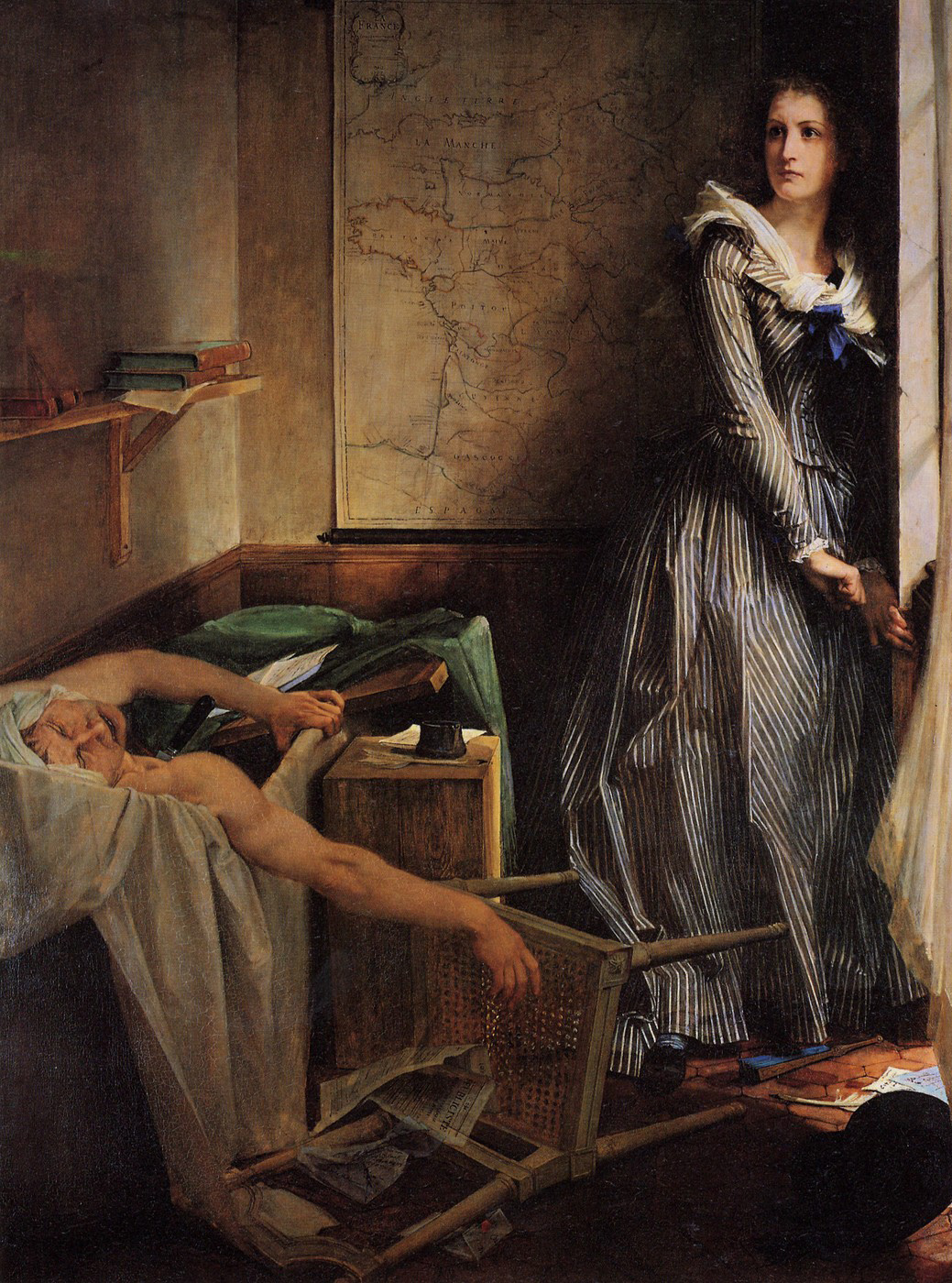In the absence of official statistics, observers interested in the ethno-religious changes of France society must resort to creative methods. One such method is to use the French statistical agency’s (INSEE) annual database of first names given to newborns.
Using this data, the French identitarian news aggregator Fdesouche has charted the dramatic growth of newborns with Islamic first names from around 2.5% in 1969 to 21.5% in 2019. This figure is remarkably congruent with our other sources.
While Fdesouche has been using this method to give annual estimates since 2016, it came to broader attention in 2019 when the mainstream pollster Jérôme Fourquet used the same technique in his remarkable bestseller The French Archipelago: The Birth of a Divided and Multiple Nation. Fourquet had found that in 2015 some 18.5% of newborns were given Muslim first names.
Fourquet is no right-wing ideologue but a senior manager at the venerable Institute of French Public Opinion (IFOP), the nation’s leading polling and market research agency. Indeed, The French Archipelago goes far beyond ethnic issues, discussing dechristianization (the decline of “Marie”), the semi-Americanization of lower class French (the proliferation of “Kevins” and “Cindys” due to 1990s American soap operas), and wider trends of social fragmentation and heightened individualism.
Fourquet’s analysis resonated strongly with the public at a time when the French political landscape was breaking down – with the collapse of the conservatives and the Socialists in favor of Emmanuel Macron and marine Le Pen – and the rise of the yellow-vest protests contesting urban elites.
The figures for Muslim first names are not perfectly precise because of the problem of “mixed names” and the growing percentage of “rare names,” which are difficult to classify and which Muslims seem to have a predilection for. As such, the real percentage of Muslim newborns may actually be around 25%.
The figures are also broken down by département (county). As one would expect, Muslims are concentrated in Greater-Paris, making up an outright majority of Seine-Saint-Denis (54%).
The figures are broadly congruent with another major source for estimating the growing non-European component of the French population: the percentage of newborns tested for sickle-cell disease, something normally done for populations vulnerable to that congenital illness (typically, Africans, Middle-Easterners, Indians, but also southern Italians).
Fdesouche had found that 31.5% of newborns were tested for sickle-cell in 2010, rising to 39.4% in 2016. If a fifth of newborns in France are Muslims, it is plausible that around one third of newborns are non-European. After all, a large contingent of France’s non-White immigrants are Christian or otherwise non-Muslim: Blacks and mixed-race from France’s Caribbean and other overseas territories, Christian Africans (who are increasingly replacing the dying breed that are French pastors in our churches), Christian Arabs (especially Lebanese), various Asians, etc.
The agency collecting national sickle-cell statistics was shut down in 2018 and there was talk of universalizing tests regardless of ethnic origin. The French authorities claim these measures have nothing to do with the identitarian Right’s use of these figures – which certainly was causing alarm in official circles.
These data suggest that developments in France are analogous to what we see in the rest of the Western world: very similar to Great Britain (non-Whites made up 24.4% of births in 2014 and Whites are projected to become a minority of the general population by the 2060s) and about 20 years behind the United States of America (Whites make up a minority of under 15s, Whites are projected to become a minority of the general population in the 2040s).
Note: a substantial portion of White births in France are to people of Italian, Portuguese, Polish, or other European origin. As such, if non-Europeans make up a third of births, it may be that the native France proper already only account for about half of births. However, statistics show that European immigrants to France rapidly converge socio-economically with the native French and assimilate. After all, France as a nation is essentially a fusion of European ethnies – Gallo-Roman, Breton, Flemish . . . – united by the French language and culture.
By contrast, recent polls have highlighted the stark divergence in values between young Muslims and Europeans in France: 66% of young Muslims want insulting Islam to be punished by law and 26% do not oppose the assassination of cartoonists mocking Mohamed. Perhaps not coincidentally, around two thirds have French people consistently say “There are too many foreigners in France.”
https://twitter.com/GuiDurocher/status/1316414441630597122
All this data testifies to the reality of an ongoing “Great Replacement” of the native French population, the native British population, and the White American population since the 1960s. For all that, if we consult on Wikipedia, we are told that the Great Replacement is “a white nationalist far-right conspiracy theory which states that, with the complicity or cooperation of ‘replacist’ elites, the white French population—as well as white European population at large—is being progressively replaced with non-European peoples . . . Scholars have generally dismissed the claims of a ‘great replacement’ as being rooted in a misreading of immigration statistics and unscientific, racist views.”
Meanwhile, the Wikipedia article for the strange term “Whiteshift” claims that “Whiteshift, white racial shift, or sometimes called white decline is the demographic and social phenomenon of white majorities gradually declining to become a minority group, sometimes labelled majority minority, and increasingly of mixed race heritage, due to consensual intermarriage and natural demographic change in the Western world.”
 RSS
RSS


































